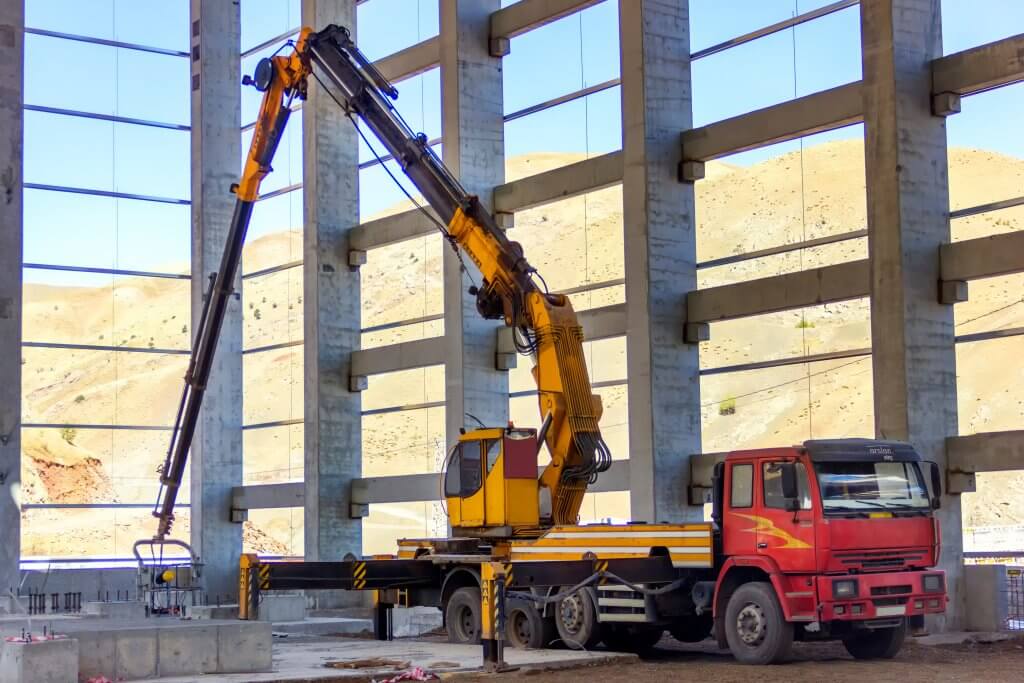August 14, 2024
Introduction
In business, time is money, and nowhere is this truth reflected more accurately than in construction, where the slightest mistake can steal time, throw a project into a tailspin, and significantly impact budget projections. Mistakes happen in every industry, but in this sector, where profit margins are often razor-thin, being forced off track is a devastating proposition. Profitability is always the goal, and with investments in people, parts, and pieces, leaders are always looking for ways to get a return, minimize risks, and stave off any semblance of financial despair, and one of those ways is Modular Construction.
What is Modular Construction?
Modular construction is a revolutionary building method. Traditionally, building a structure happens on-site, but with modular construction, the bulk of the work is done off-site, and in a fraction of the time. Modular construction happens in a controlled plant environment with components built using the same materials, aligning with the same codes and standards that govern established norms. Under this approach, production is done in modules and assembled on-site, with the finished product matching the original design renderings; the only differences are savings in time and money.
Benefits of Modular Construction
There are several benefits to modular construction, including these four:
- Takes the weather out of the equation: When it comes to any project, weather is the one variable a project manager must contend with. No matter the experience of the leader, they’re no match for Mother Nature, but modular construction levels the playing field and gives them a fighting chance. Modular construction happens in a controlled environment. This means that even when the weather is hazardous, production continues, keeping the project moving forward while saving time and money.
- Reduces harmful waste: Waste is always a challenge for the construction industry, with some experts estimating that 40% of the waste our world produces comes directly from construction. Modular construction reduces waste production by up to 90%, lessening the carbon imprint and preserving the environment through reusable materials.
- Staff stability: Construction is a transient industry, but modular introduces a degree of stability that professionals comprising this industry crave. With modular, workers can use their same skill sets and do the same jobs in local plants instead of traveling for work. This newfound stability increases morale and ultimately leads to a more satisfied workplace.
- Increased efficiency: Modular construction gives builders the chance to multi-task, and as such, efficiency increases exponentially. With modular construction, teams can focus on several tasks at once, preserving timelines while delivering quality projects that exceed customer expectations.
Conclusion
The construction industry is a critical piece of the global economy, constantly evolving, looking for ways to build better and smarter, and modular construction checks all of the proverbial boxes. Using it, builders can lessen the impact of weather, a factor that keeps even the most skilled project manager awake at night.
Construction sites are renowned for producing waste, but modular construction stems the tide, reducing harmful toxins and pollutants typically associated with the industry. Staffing, always a challenge for the industry, becomes a challenge of the past when incorporating modular construction as it offers stability and the promise of steady work. Last, but certainly not least would be improved efficiency users realize with modular construction. This increase in efficiency easily translates into better profits, quality workmanship, and more opportunities, something every crew member wants to see.
Save time and minimize risk with the most trusted contracts in the construction industry – powered by AIA Contract Documents’ next-generation platform, Catina. Request a Demo Here.
AIA Contract Documents has provided this article for general informational purposes only. The information provided is not legal opinion or legal advice and does not create an attorney-client relationship of any kind. This article is also not intended to provide guidance as to how project parties should interpret their specific contracts or resolve contract disputes, as those decisions will need to be made in consultation with legal counsel, insurance counsel, and other professionals, and based upon a multitude of factors.

